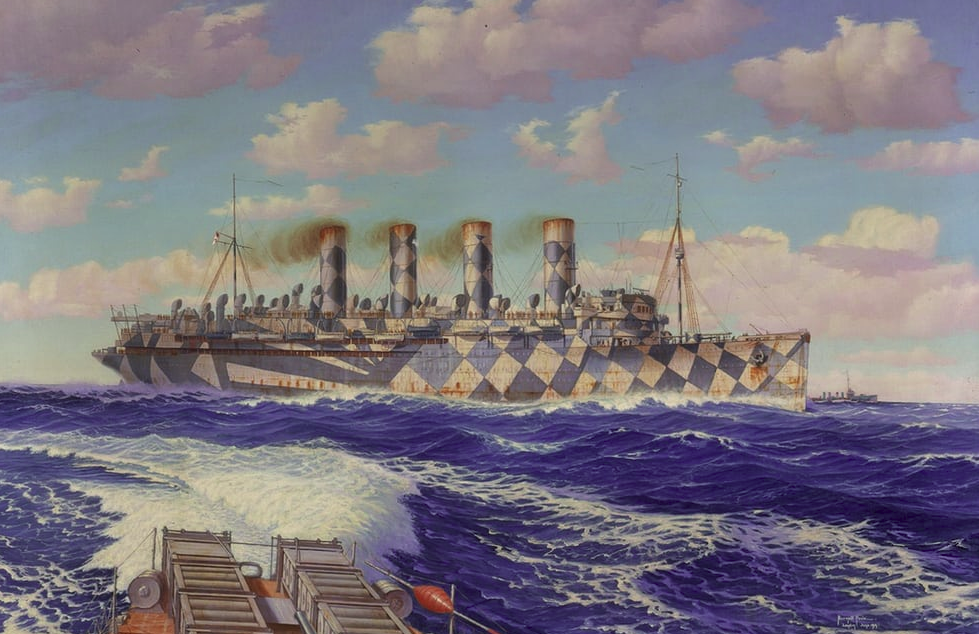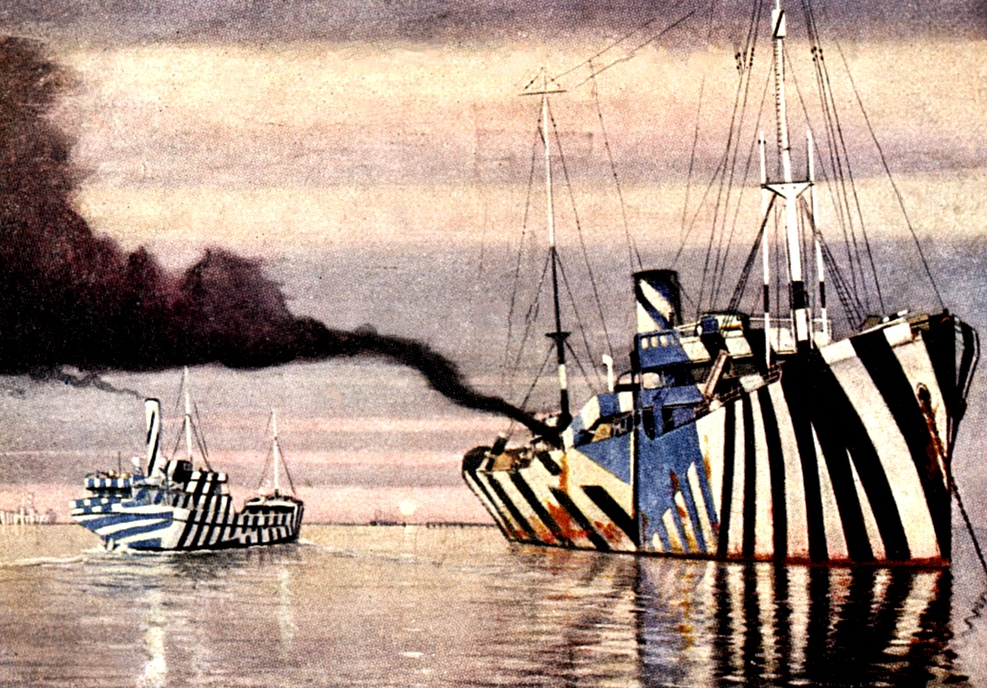20 August 2018
cachexia
[kuh-kek-see-uh]
noun, Pathology.
1. general ill health with emaciation, usually occurring in association with cancer or a chronic infectious disease.
Also, cachexy [kuh-kek-see]
Origin of cachexia
Late Latin
1535-1545; < Late Latin < Greek, equivalent to kak(ós) bad + héx(is) condition ( hek-, variant stem of échein to have + -sis -sis ) + -ia -ia
Related forms
cachectic [kuh-kek-tik], cachectical, cachexic, adjective
Dictionary.com
Examples from the Web for cachexia
Historical Examples
There exists in some individuals a predisposition to “catching cold,” independent of any cachexia.
A System of Practical Medicine By American Authors, Vol. II
Various
In the cachexia from tumours an increase of the eosinophil cells has been observed by various authors.
Histology of the Blood
Paul Ehrlich
The cachexia and rapid decline are not seen in catarrhal ulceration.
A System of Practical Medicine By American Authors, Vol. II
Various
It produces anæmia and cachexia in animals when given in small repeated doses.
Poisons: Their Effects and Detection
Alexander Wynter Blyth
The symptoms which induce women to seek medical aid are haemorrhage, foetid discharge, and later pain and cachexia.
Encyclopaedia Britannica, 11th Edition, Volume 12, Slice 7
Various
The cachexia Africana, like other spanœmic states of the system, may run into Phthisis, or become complicated with it.
Cotton is King and The Pro-Slavery Arguments
Various
Malaria, if severe, may interrupt gestation through fever or cachexia.
The Ethics of Medical Homicide and Mutilation
Austin O’Malley
Today’s quote
I keep thinking about a tale my nurse used to read to me about a bird whose wings are pinned to the ground. In the end, when he finally frees himself, he flies so high he becomes a star. My nurse said the story was about how we all have something that keeps us down.
– Shannon Hale
On this day
20 August 1866 – American Civil War formally ends.
20 August 1940 – British Prime Minister Winston Churchill, states ‘never in the field of human conflict was so much owed by so many to so few‘, in relation to the Royal Air Force who was repelling German attacks on the United Kingdom in the Battle of Britain.
20 August 1948 – birth of Robert Plant, British rock singer, musician and songwriter. During the 1960’s, Plant sang with a number of bands, including The Crawling King Snakes, Listen, Band of Joy and Hobbstweedle. In 1968, Jimmy Page of successful blues band, The Yardbirds (which had previously featured Eric Clapton and Jeff Beck), convinced Plant to front his new band, The New Yardbirds. Page and Plant began writing songs for the new band, as well as playing some of the Yardbirds classics, such as Dazed and Confused, and For Your Love. Towards the end of 1968, the band was renamed Led Zeppelin. Musicologist Robert Walser stated, ‘Led Zeppelin’s sound was marked by speed and power, unusual rhythmic patterns, contrasting terraced dynamics, singer Robert Plant’s wailing vocals, and guitarist Jimmy Page’s heavily distorted crunch‘. Led Zeppelin has been widely regarded as the forerunner of Heavy Metal.
20 August 1966 – birth of Dimebag Darrell, (born Darrell Lance Abbott), American musician, founding member of Pantera. Dimebag was shot dead on stage on 8 December 2004 while playing for Damageplan.
20 August 1968 – the USSR and a number of other Warsaw Pact nations, invade Czechoslovakia to halt the ‘Prague Spring’ liberalisation reforms being implemented by the Czech leader, Alexander Dubček. This invasion caused a significant rift in support by Communists across the globe and condemnation by many non-Communist nations, leading to a weakening of communism in general and the Soviet Union in particular.





